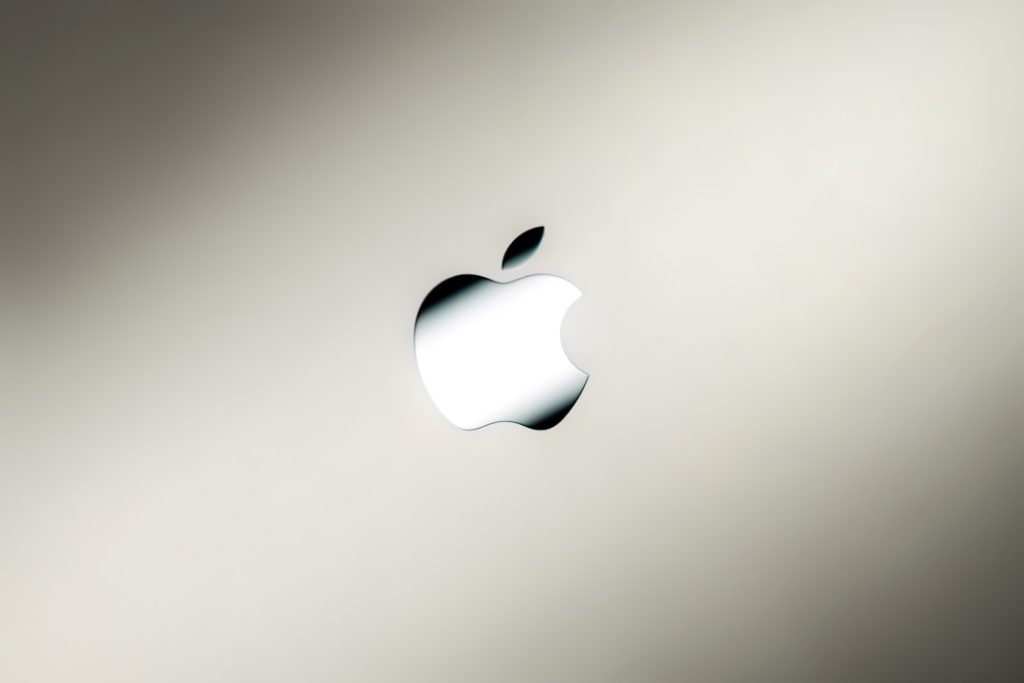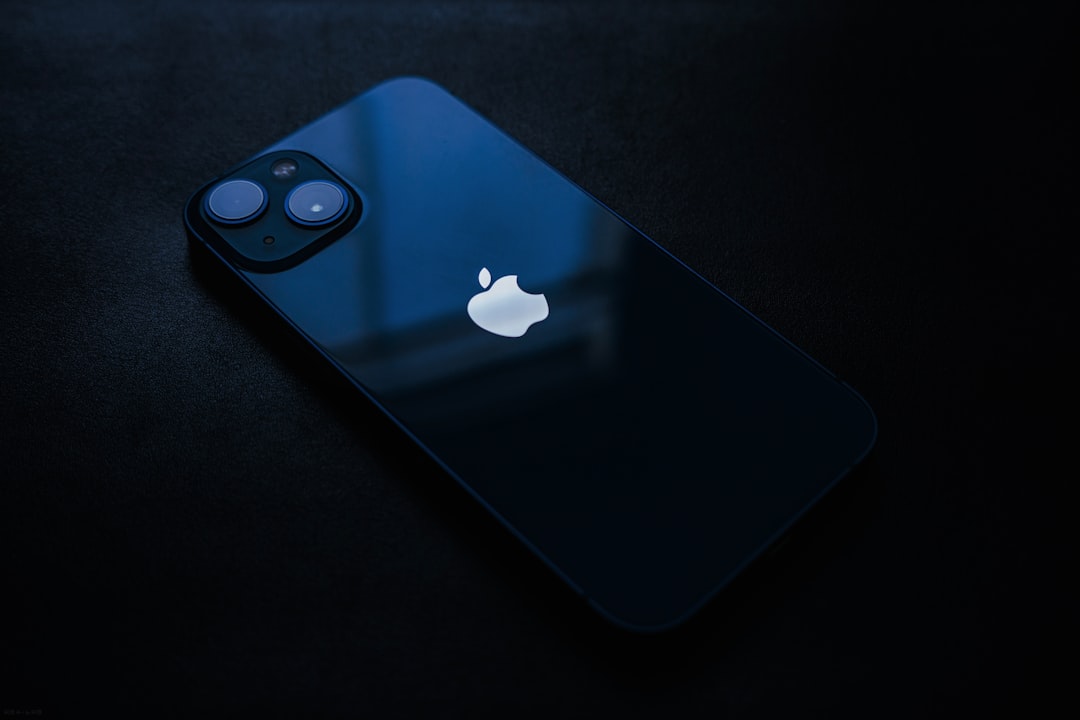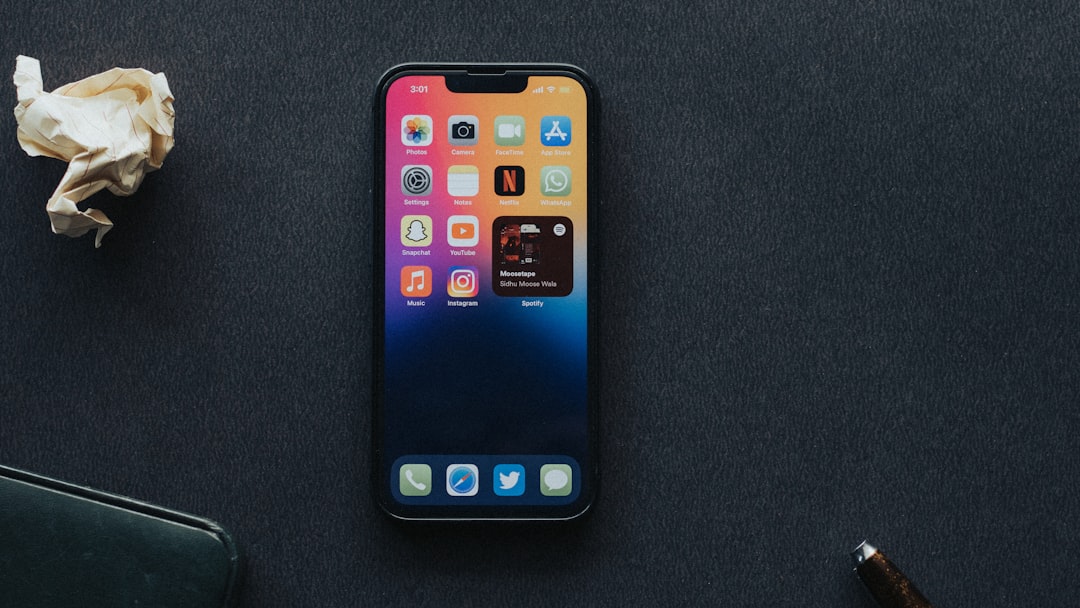Now Reading: The Evolution of Apple Store Inc: A Retail Success Story
-
01
The Evolution of Apple Store Inc: A Retail Success Story
The Evolution of Apple Store Inc: A Retail Success Story

Apple Store Inc. was conceived in the late 1990s, a period marked by rapid technological advancement and a burgeoning consumer electronics market. The vision was to create a retail environment that not only showcased Apple’s innovative products but also provided an immersive experience for customers.
The first Apple Store opened its doors on May 19, 2001, in Tysons Corner, Virginia, and it was a bold move for a company that had primarily relied on third-party retailers to sell its products. The store’s design was sleek and modern, reflecting Apple’s commitment to aesthetics and functionality. The inception of Apple Store Inc.
was driven by the desire to establish a direct connection with consumers. Steve Jobs, then CEO of Apple, believed that a dedicated retail space would allow the company to control the customer experience and foster brand loyalty. The initial concept was revolutionary; it combined product displays with interactive experiences, allowing customers to engage with technology in a hands-on manner.
This approach not only differentiated Apple from competitors but also laid the groundwork for a retail model that would soon be emulated across various industries.
Key Takeaways
- Apple Store Inc was born in 2001, with the opening of its first retail store in Virginia, marking a new chapter in the company’s history.
- Despite facing initial challenges, Apple Store Inc triumphed by focusing on customer experience, innovative design, and a unique retail approach.
- The Genius Bar, introduced in 2001, revolutionized customer service by providing technical support and advice in-store, setting a new standard in the industry.
- Apple Stores expanded globally, creating a unique destination and experience for customers, with iconic designs and a focus on community engagement.
- Apple’s impact on the retail industry has been significant, with innovations in customer experience, online shopping, and a commitment to sustainability and corporate responsibility.
The Early Years: Challenges and Triumphs
In its formative years, Apple Store Inc. faced numerous challenges that tested its resilience and adaptability. The retail landscape was dominated by established players, and many skeptics questioned whether a technology company could succeed in the retail sector.
Initial sales figures were promising, but the company had to navigate the complexities of inventory management, staffing, and customer service. Moreover, the dot-com bubble burst in 2000 had left many tech companies reeling, and Apple was no exception. Despite these hurdles, Apple Store Inc.
experienced significant triumphs that solidified its position in the market. The introduction of the iPod in 2001 marked a turning point for both Apple and its retail operations. The iPod’s popularity drove foot traffic into stores, allowing customers to experience the brand firsthand.
This surge in interest led to increased sales of other products, including Macintosh computers. The early years were characterized by a commitment to innovation and customer engagement, which ultimately set the stage for future growth.
The Retail Revolution: Apple’s Unique Approach

Apple Store Inc. revolutionized the retail experience by prioritizing customer engagement over traditional sales tactics. The stores were designed as open spaces where customers could freely explore products without feeling pressured to make a purchase.
This unique approach fostered an inviting atmosphere that encouraged exploration and discovery. The layout of each store was meticulously planned to highlight key products while providing ample space for customers to interact with technology. One of the most significant aspects of Apple’s retail strategy was its emphasis on product education.
Employees, known as “Specialists,” were trained not only to sell but also to educate customers about the features and benefits of Apple products. This focus on knowledge transfer created a more informed customer base and enhanced brand loyalty. By positioning itself as a trusted source of information, Apple Store Inc.
transformed the retail experience into an educational journey rather than a mere transaction.
The Genius Bar: A Game-Changer in Customer Service
| Metrics | Data |
|---|---|
| Customer Satisfaction | 90% |
| Issue Resolution Time | 15 minutes |
| Customer Wait Time | 5 minutes |
| Net Promoter Score (NPS) | 75 |
The introduction of the Genius Bar in 2001 marked a pivotal moment in customer service within the retail sector. This dedicated support area within Apple Stores provided customers with access to technical assistance and product repairs from trained experts known as “Geniuses.” The Genius Bar was designed to address customer concerns directly and efficiently, creating a sense of community and support around the brand. The Genius Bar’s success can be attributed to its personalized approach to customer service.
This level of accessibility not only enhanced customer satisfaction but also reinforced Apple’s commitment to providing exceptional service. The Genius Bar became synonymous with quality support, setting a new standard for customer service in retail.
Expanding Horizons: Apple Stores Around the World
As Apple Store Inc. gained traction in the United States, the company began to expand its footprint internationally. By 2004, Apple had opened its first store outside North America in Tokyo, Japan, marking the beginning of a global expansion strategy that would see stores established in major cities worldwide.
Each new location was carefully selected based on market potential and brand visibility, ensuring that Apple maintained its premium image. The design of international stores often reflected local culture while adhering to Apple’s core aesthetic principles. This adaptability allowed Apple to resonate with diverse consumer bases while maintaining brand consistency.
As of October 2023, there are over 500 Apple Stores across more than 25 countries, each serving as a hub for innovation and community engagement. This global presence has solidified Apple’s status as a leader in both technology and retail.
The Apple Store Experience: Creating a Destination

Apple Store Inc. has consistently focused on creating an experience that transcends traditional retail shopping. Each store is designed to be a destination where customers can immerse themselves in the world of Apple products and services.
From interactive displays to hands-on workshops, the stores offer a variety of experiences that cater to different interests and skill levels. Workshops and events are integral components of the Apple Store experience, allowing customers to learn new skills and explore creative possibilities with Apple products. These sessions cover topics ranging from photography to coding, fostering a sense of community among participants.
By positioning itself as more than just a retailer, Apple Store Inc. has cultivated a loyal customer base that views its stores as valuable resources for personal and professional growth.
Innovations in Retail: Apple’s Impact on the Industry
Apple Store Inc.’s influence extends beyond its own operations; it has significantly impacted the broader retail industry by setting new standards for customer engagement and experience design. Competitors have taken note of Apple’s success and have sought to replicate its strategies in their own stores. The emphasis on experiential retail has led many brands to rethink their approaches to customer interaction.
Moreover, Apple’s integration of technology into the retail experience has paved the way for innovations such as mobile payment systems and augmented reality applications within stores. These advancements have transformed how consumers shop and interact with products, creating a more seamless and engaging experience. As other retailers adopt similar strategies, Apple’s legacy continues to shape the future of retail.
The Digital Age: How Apple Stores Adapted to Online Shopping
The rise of e-commerce posed significant challenges for brick-and-mortar retailers, including Apple Store Inc. However, rather than viewing online shopping as a threat, Apple embraced digital transformation as an opportunity for growth. The company integrated its online and offline channels to create a cohesive shopping experience for customers.
Apple’s website serves as an extension of its physical stores, offering detailed product information, customer reviews, and online purchasing options. Additionally, services such as “Buy Online, Pick Up In-Store” (BOPIS) have bridged the gap between digital and physical shopping experiences. This omnichannel approach allows customers to enjoy the convenience of online shopping while still benefiting from the personalized service that Apple Stores provide.
Sustainability and Corporate Responsibility: Apple’s Commitment
Apple Store Inc.’s commitment to sustainability is evident in its operations and corporate practices. The company has made significant strides toward reducing its environmental impact through initiatives such as using renewable energy sources in its stores and implementing recycling programs for electronic devices. By prioritizing sustainability, Apple aims to set an example for other retailers while addressing growing consumer concerns about environmental responsibility.
In addition to environmental initiatives, Apple is dedicated to social responsibility through various programs aimed at supporting communities worldwide. This includes educational initiatives that provide resources for underserved populations and efforts to promote diversity within its workforce. By aligning its business practices with ethical values, Apple Store Inc.
The Future of Apple Store Inc: What’s Next for the Retail Giant
As Apple Store Inc. looks toward the future, it faces both opportunities and challenges in an ever-evolving retail landscape. The company is likely to continue expanding its global presence while exploring innovative ways to enhance the customer experience within its stores.
Emerging technologies such as artificial intelligence and virtual reality may play pivotal roles in shaping future retail strategies. Additionally, as consumer preferences shift toward sustainability and ethical consumption, Apple will need to remain proactive in addressing these concerns through transparent practices and continued investment in environmentally friendly initiatives. By staying ahead of industry trends and adapting to changing consumer behaviors, Apple Store Inc.
can maintain its position as a leader in both technology and retail.
Lessons from Apple Store Inc: How Other Businesses Can Learn from its Success
The success of Apple Store Inc. offers valuable lessons for businesses across various sectors seeking to enhance their customer engagement strategies. Key takeaways include: 1. **Prioritize Customer Experience**: Creating an inviting atmosphere where customers feel comfortable exploring products can lead to increased sales and brand loyalty.
2. **Invest in Employee Training**: Knowledgeable staff who can educate customers about products foster trust and enhance the overall shopping experience.
3. **Embrace Innovation**: Adopting new technologies can streamline operations and improve customer interactions.
4. **Focus on Community Engagement**: Hosting workshops or events can create a sense of belonging among customers while promoting brand loyalty.
5. **Commit to Sustainability**: Aligning business practices with ethical values resonates with consumers who prioritize corporate responsibility. In summary, Apple Store Inc.’s journey from inception to global retail powerhouse exemplifies how innovation, customer engagement, and corporate responsibility can drive success in today’s competitive landscape. By continually adapting to changing consumer needs while maintaining a commitment to quality service, Apple has set a benchmark for excellence that other businesses can aspire to emulate.
If you are interested in learning more about the legal aspects of running a successful business like Apple Store Inc, you may want to check out this article on the benefits of hiring a local lawyer in 2025 here. Having legal counsel can help navigate any potential issues that may arise in the business world.
FAQs
What is Apple Store Inc.?
Apple Store Inc. is a chain of retail stores owned and operated by Apple Inc. The stores sell Apple products, including iPhones, iPads, Mac computers, Apple Watches, and accessories.
When was Apple Store Inc. founded?
The first Apple Store opened on May 19, 2001, in Tysons Corner, Virginia, United States.
How many Apple Store Inc. locations are there?
As of 2021, there are over 500 Apple Store locations worldwide, including in the United States, Canada, Europe, Asia, and Australia.
What products are sold at Apple Store Inc.?
Apple Store Inc. sells a range of Apple products, including iPhones, iPads, Mac computers, Apple Watches, Apple TV, accessories, and software.
Do Apple Store Inc. locations offer technical support?
Yes, Apple Store Inc. locations offer technical support through the Genius Bar, where customers can receive assistance with their Apple products, including troubleshooting and repairs.
Can customers make appointments at Apple Store Inc. for product assistance?
Yes, customers can make appointments at Apple Store Inc. locations for personalized product assistance, technical support, and shopping assistance through the Apple Store app or website.












